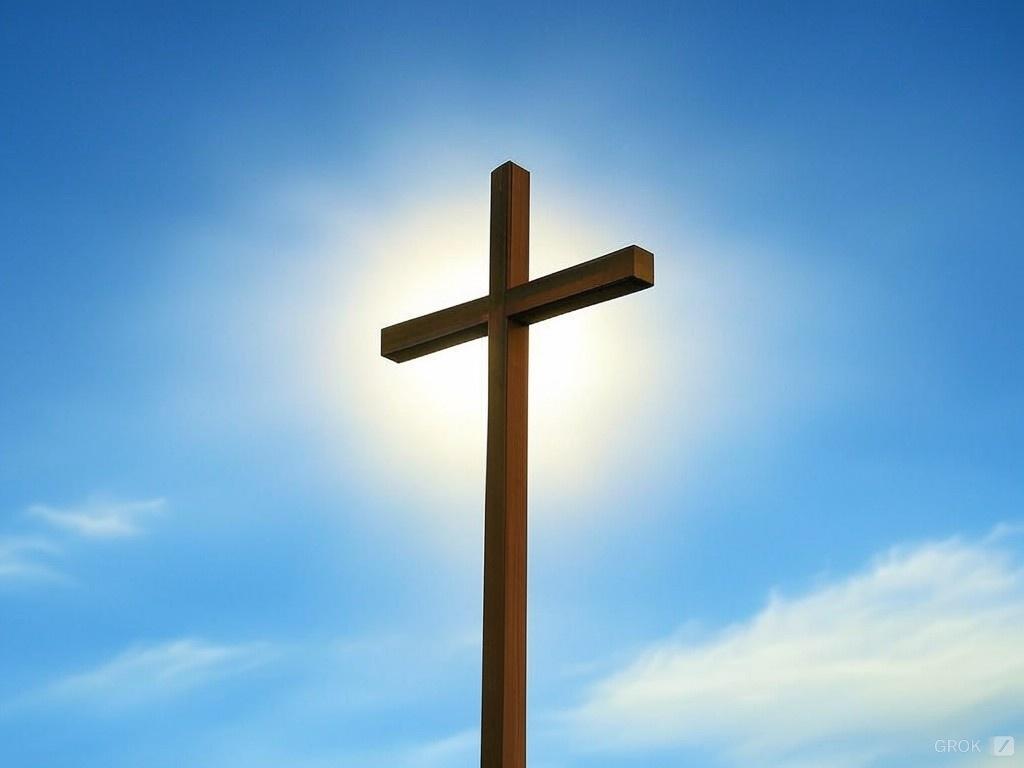J. Aaron Stanley, Composer
Variations on Noel Nouvelët, Op. 3b for Wind Ensemble (Grade 6)
Variations on Noel Nouvelët, Op. 3b for Wind Ensemble (Grade 6)
Couldn't load pickup availability
Variations on Noel Nouvelët, Op. 3b for Wind Ensemble (Grade 6)
(Perusal score not yet available. Currently editing the revision to make it performance-ready.)
- Instrumentation: 3.2.5.2.4, 4.4.4.1.1, T+4, Cb.
- Opus 3b, 2010, rev. 2021
- Grade 6
- Duration: c. 10m
Now the green blade riseth from the buried grain,
Wheat that in the dark earth many days has lain;
Love lives again, that with the dead has been:
Love is come again, like wheat that springeth green.*
These were the words I sung every Easter as a member of the St. James Episcopal Church Choir in Springfield, Missouri. The melody was both somber and beautiful, and its Dorian mode gave it a unique character.
For years, this tune would play over and over in my mind for days on end. I would sing it in the shower, in the car, as I was working—it just wouldn’t go away. Eventually, I knew I had to write a set of variations based on this melody.
But it was almost two years after I had moved away from St. James, then living in Los Angeles around 2002, before I finally sat down to write the piece. I may not have been hearing the melody at Easter anymore, but it was still stuck in my head and needed exorcising.
After I began working on the piece, I discovered the melody is a traditional French New Year’s carol called "Noël Nouvelet." It’s also known as “Sing We Now Of Christmas.” For this reason, the piece could be appropriately programmed for a winter or spring concert.
I originally wrote this for Brass Band because at the time, I was a member of the Salvation Army and performed regularly with their bands. But even then, as I was constantly pushing against the limitations of a traditional brass band, I knew its true setting could only be for Wind Ensemble. In 2009 when I finally got around to revising and adapting the piece, it began to take on the sonic dimensions I wanted it to have, but I also ran up against my limitations as a composer.
For example, the original introduction, while functional, wasn't exactly what I wanted, and it proved even more difficult trying to write it for a larger, more complicated ensemble. I just didn't have the experience at the time to write the kind of "chaotic buildup" I was looking for. (I didn't yet know of Lutoslawski, or Joseph Schwantner!)
My solution was to simply drop the original "chaotic buildup" intro. But that also meant the ending was suddenly without context and needed to be changed. The result was a work that was malformed and unfinished, like a newborn child missing a limb. Even at the time, I felt uneasy about it. The opening chord (at bar 14) was too "sudden" and lacked context. And the new ending felt too "light and frivolous" for such a heavy work. But I had reached a double bar line, so I called it "finished."
Years later, in 2021, after finishing my long-delayed M.M. in Composition, I opened up this score for the first time in years and—apart from being horrified at some bad orchestration and notation from my younger, less experienced self—I finally felt I had the skills and experience necessary to give this piece the beginning and ending it deserved, and was always meant to have. Now, after revising it, I feel the work has the right "frame" (beginning and ending), and the right dimensions (clocking in at around 10m versus the earlier 6.5m: closer to the original Brass Band version), which give weight and depth to the work. It explores a number of different textures and compositional approaches, and strays far afield from the original melodic concept, just as any good set of variations should do.
But it is also an epic journey that reveals various facets and unique characters of this interesting melody. By the time we reach the end, we feel we've had quite an adventure! At least, that's my hope.
*These lyrics were written by the English priest, John M. Crum, for The Oxford Book of Carols, published in 1928.
Share

